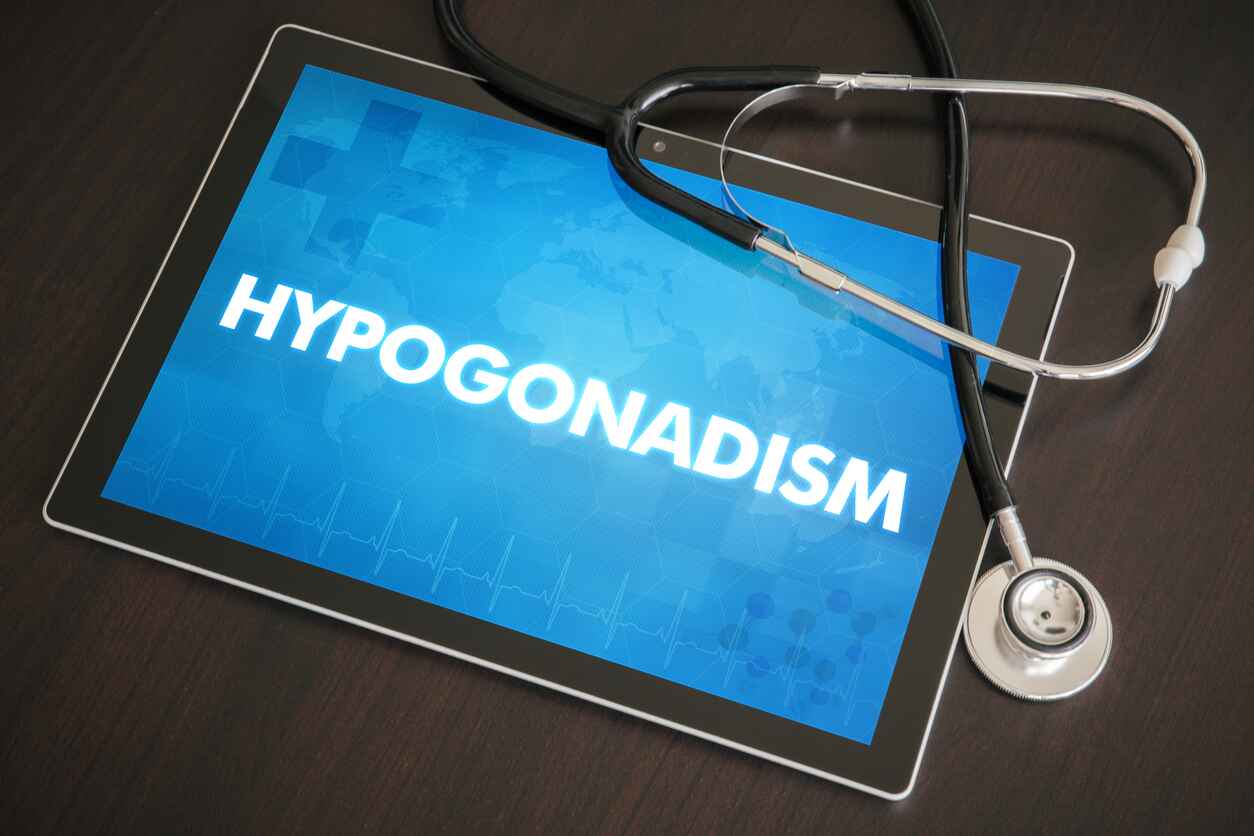Testosterone plays a vital role in men’s health, influencing muscle strength, bone density, energy levels, mood, and sexual wellness. As men age, natural testosterone levels may decline, which can lead to symptoms such as fatigue, reduced libido, and difficulty building muscle.
Some individuals explore testosterone replacement therapy (TRT) with the guidance of licensed healthcare professionals. TRT is intended to restore testosterone levels to a healthy range, but safe dosing is essential, and treatment must always be individualized based on medical evaluation and lab results.
Is 200 mg of Testosterone Per Week Too Much?
There is no universal “standard” dosage of testosterone appropriate for all men. While some medical protocols may include doses around 200 mg per week, the correct dosage must be determined by a qualified clinician based on lab results, overall health, and individual response to treatment. Self-administering such doses without medical oversight can lead to health risks and legal concerns.
Potential Benefits When Proper Dosage is Determined
When prescribed and monitored by a licensed provider, TRT may support:
- Increased energy and improved stamina
- Enhanced mood and reduced fatigue
- Improved sexual health
- Better muscle maintenance and body composition
These outcomes are not guaranteed, and results vary from patient to patient.
Prostate Health Considerations
While testosterone therapy does not directly cause prostate cancer, elevated testosterone levels can influence the progression of existing prostate conditions, including benign prostatic hyperplasia (BPH). Men undergoing TRT should prioritize regular prostate screenings and PSA (prostate-specific antigen) monitoring, especially if they have a family history of prostate issues or other risk factors.
Why Monitoring Prostate Health Matters
Proactive monitoring helps identify early changes in prostate size or PSA levels, allowing healthcare providers to adjust treatment promptly. Routine assessments play a key role in ensuring that TRT remains safe and effective for long-term use.
Fertility Concerns
Testosterone replacement therapy (TRT) can suppress sperm production due to its impact on the hypothalamic-pituitary-gonadal axis, which regulates natural hormone and sperm production. Men planning to have children should discuss potential effects on fertility with their healthcare provider and may consider options like sperm banking before starting therapy.
Planning Ahead for Family Goals
For men who want to preserve fertility, customized treatment plans may include additional medications or alternative approaches to minimize the impact on sperm health. Open communication with a licensed provider ensures safe and informed decisions.
Determining the Right TRT Dosage
Finding the right TRT dosage is a personalized process that must be supervised by a qualified healthcare provider. The goal is to restore testosterone to healthy levels while minimizing risks.
Baseline Testing
Before starting therapy, blood tests for total and free testosterone, estradiol, PSA, and hematocrit are essential.
Starting and Adjustments
Treatment usually begins with lower doses (75–100 mg per week) and is adjusted based on lab results and patient response.
Monitoring
Regular follow-ups every 8–12 weeks help prevent side effects and ensure optimal dosage.
Risks of Higher Dosages
Testosterone replacement therapy (TRT) can provide significant benefits when dosages are carefully tailored to individual needs. However, using doses that are too high—especially without medical supervision—can lead to a range of health risks and long-term complications. This section outlines the physiological, cardiovascular, and hormonal dangers associated with elevated testosterone levels.
TRT 200 mg Risks: Why Monitoring Matters
Taking more testosterone than your body needs can increase the risk of complications:
- Increased DHT (Dihydrotestosterone): Elevated DHT can lead to acne, hair loss, or prostate enlargement.
- Elevated Estradiol (E2): Excess testosterone may convert to estrogen, causing fluid retention, mood swings, or high blood pressure.
- Cardiovascular Risks: High testosterone can raise red blood cell counts, thickening the blood and increasing the risk of blood clots, heart attacks, or strokes.
Regular blood tests and follow-up visits are crucial to ensure the safe and effective use of TRT.
Long-Term Side Effects of Higher Testosterone Dosages
Using 200 mg of testosterone per week over the long term can increase the risk of:
- Cardiovascular strain: Elevated hematocrit levels may contribute to hypertension or heart disease.
- Hormonal imbalance: Excessive testosterone may disrupt the body’s balance of estradiol and DHT, potentially affecting prostate health, mood, and sexual function.
Continuous monitoring, dosage adjustments, and individualized treatment plans are essential for maintaining long-term safety.
Ensuring Safe and Effective Testosterone Replacement Therapy
TRT can significantly improve quality of life for men diagnosed with low testosterone, but success depends on personalized dosing and medical supervision. A licensed provider will:
-
- Adjust therapy based on lab results and individual response.
- Monitor cardiovascular markers and hormone levels regularly.
- Modify dosages to avoid both over- and under-treatment.
Final Thoughts on Safe Testosterone Dosage for TRT
Finding the safe testosterone dosage is not about following a fixed number, but about tailoring treatment to each individual’s health, hormone levels, and goals. While TRT 200 mg per week is sometimes referenced in clinical protocols, this dosage should never be started without medical evaluation and continuous monitoring.
When performed under the guidance of a licensed healthcare provider, testosterone replacement therapy can offer improved energy, mood, and overall well-being. However, the key to TRT safety lies in regular lab testing, precise dose adjustments, and a comprehensive approach that prioritizes both short-term results and long-term health.
If you suspect low testosterone or are exploring treatment options, consult a qualified medical professional to develop a personalized TRT plan that ensures both effectiveness and safety.



